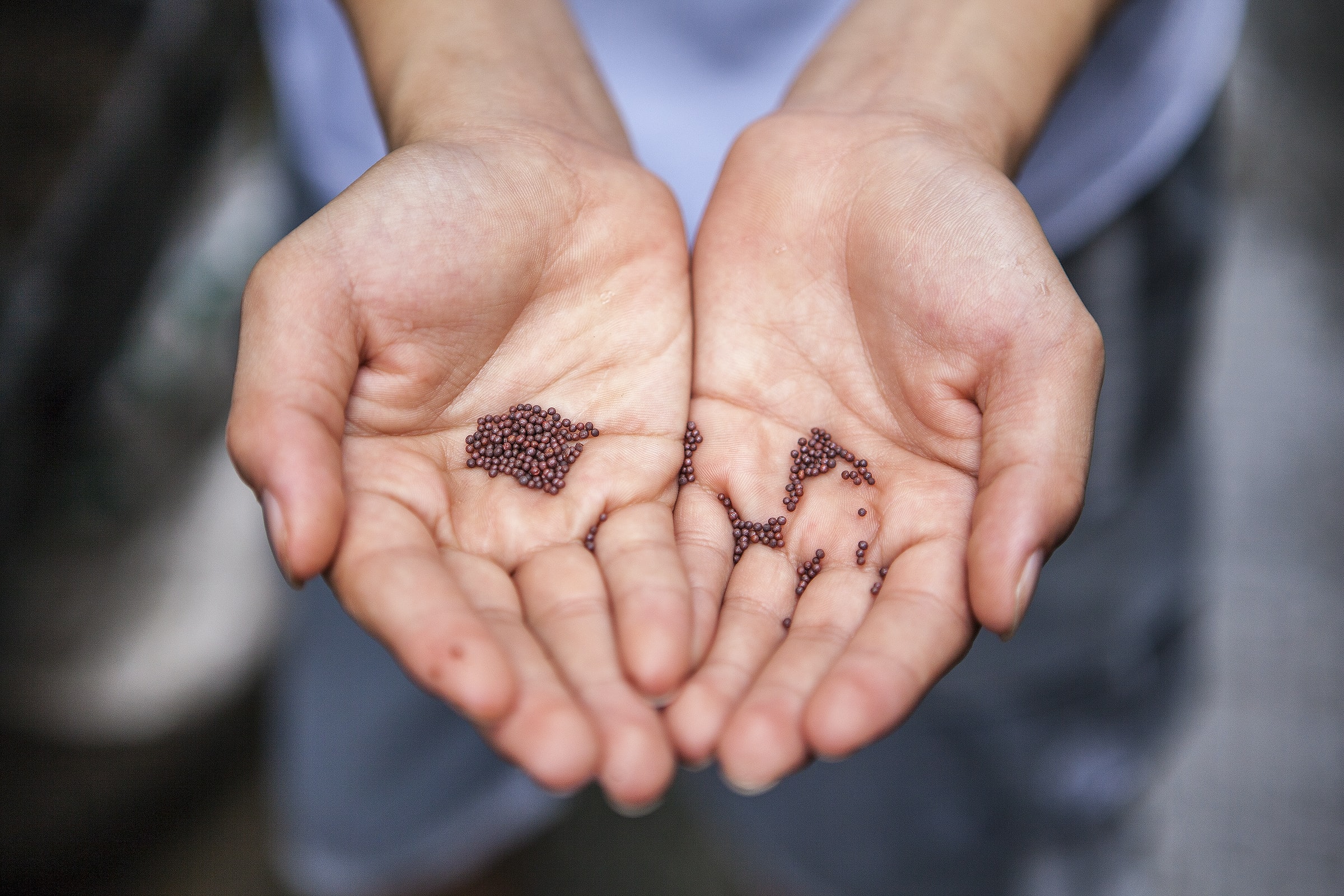Contents
- 1 Seed Search Amidst a Political Discourse
- 2 The question then arises: Is €30 for over 40 assorted seeds a matter of pure excitement or a practical necessity?
- 3 The overarching question lingers: Should those with limited financial means abstain from inquiring whether others might bestow them with seeds?
Seed Search Amidst a Political Discourse
The topic of seed acquisition has been under consideration for some time. My engagement with gardening commenced in England, where I was fortunate to obtain heirloom, Demeter-certified seeds from a Seed Cooperative at an exceptionally affordable price. If my memory serves me right, seeds were generally quite economical in England, priced at around 1.50€ per packet. In stark contrast, seeds here cost nearly double, often even more. The rationale behind this price differential remained elusive, possibly attributed to entrenched traditions. Here, they command a certain value, while in England, a different set of priorities dictates pricing structures.
The question then arises: Is €30 for over 40 assorted seeds a matter of pure excitement or a practical necessity?
In preceding years, my reliance predominantly rested on Demeter-certified seeds, which often translated to a substantial investment, hovering around €100. However, a recent acquisition of more than 40 diverse seeds set me back only €30. These were not heirloom seeds; they represented standard varieties—void of hybrids. The ethical dilemma surfaces: Is it compatible with the principles of biodynamic gardening to engage with such seeds? This quandary becomes especially poignant for one who cherishes biodynamic gardening. Alas, I find myself unable to definitively opine. One thing is certain: my aspiration is to yield a bountiful harvest from my garden, encompassing not only lettuce and carrots but also an assortment of other produce, symbolizing diversity. Consequently, the choice to embrace economical seeds aligns with my overarching horticultural objectives.
Yet, only time can provide conclusive insights. I speculate that even less vibrant seeds, when nurtured within the vitality of biodynamic soil, will inherently contribute positively to plant growth and seed quality. With the passage of 2-3 generations, these garden-sourced seeds may evolve into more robust entities.
The overarching question lingers: Should those with limited financial means abstain from inquiring whether others might bestow them with seeds?
The search for seeds has transmuted into a discourse laden with political ramifications. Notably, Germany is home to 12.9 million individuals living below the poverty line, a category in which I find myself. Gardening, while a hobby and a pursuit of nutritional well-being, is also undertaken to economize expenses. When I sought recommendations for budget-friendly seed suppliers on social media, I encountered accusations that I was solely seeking gratis seeds. Admittedly, I would have welcomed such generosity. After all, I take pleasure in giving as well. Curiously, the act of soliciting free seeds appears more stigmatized than the hypothetical notion of introducing hybrids into a biodynamic garden. This unsettling reality underscores the absence of a unified gardening community, revealing preconceived notions surrounding individuals with limited financial resources. Consequently, the discrepancy between privilege and marginalization is evident, further complicated by a reluctance to extend assistance.
In conclusion, this narrative illuminates the multifaceted terrain of seed procurement, revealing an intersection of economic, ethical, and political realms. The shift toward economical seeds embodies a strategic pivot towards diversity and sustainability. Simultaneously, the entanglement with socioeconomic perceptions underscores societal fragmentation and biases, reflective of broader social constructs. As I anticipate a prolific harvest, I envision a future where surplus vegetables may find appreciative recipients, epitomizing community involvement and transcending financial limitations. <3
